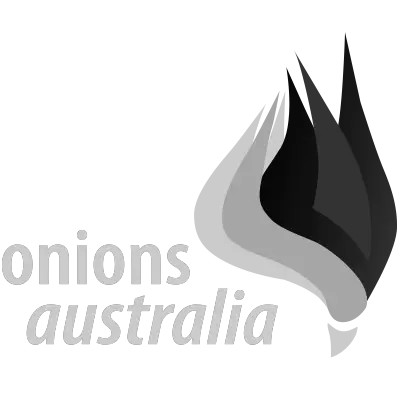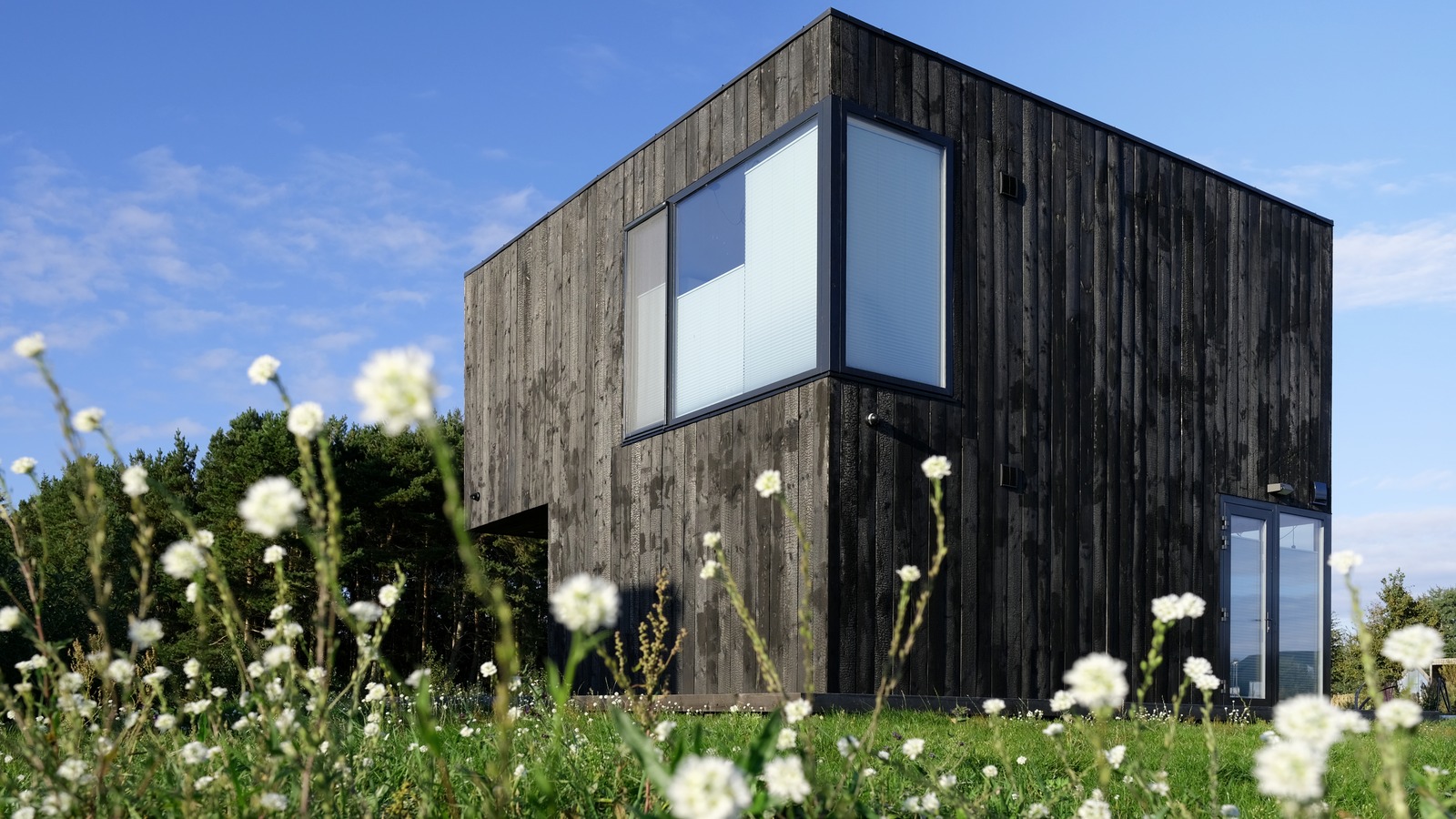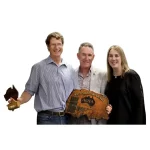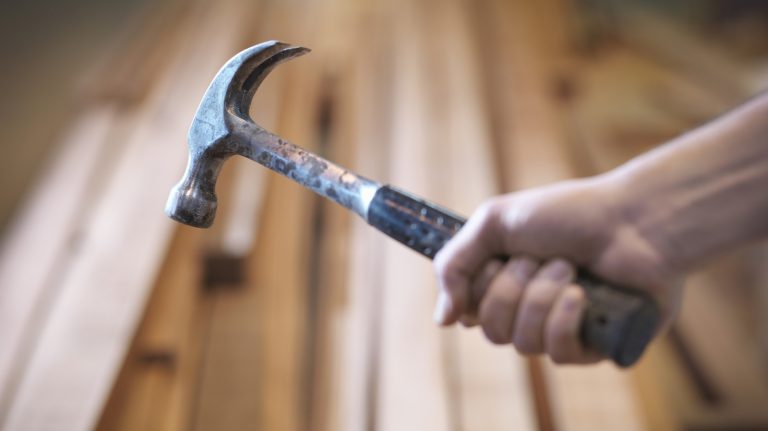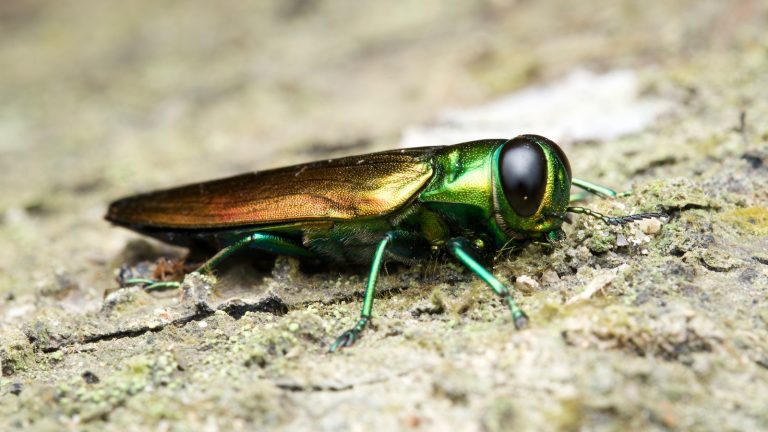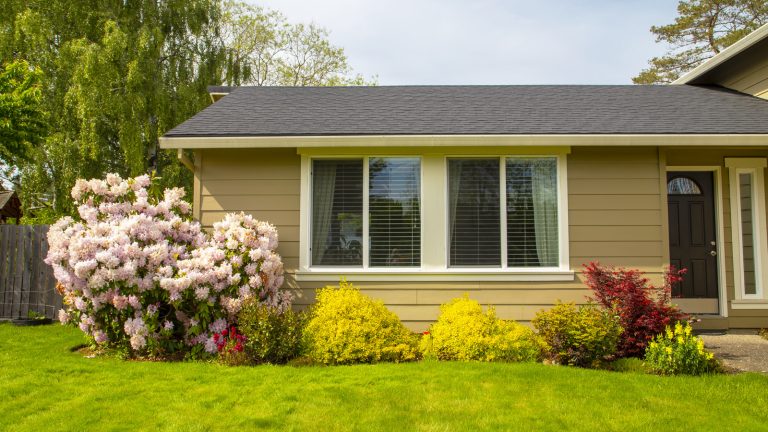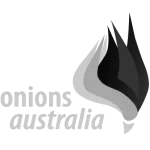
Shou sugi ban, also known as Yakisugi, is a traditional Japanese technique from the 18th century that involves burning wood to enhance its durability and aesthetic appeal. This process involves charring the exterior of the wood, cleaning it, and then sealing it with natural oils. The unique look of shou sugi ban has captured the interest of homeowners and designers globally. HGTV’s Jenny Marrs has showcased this technique on “Fixer to Fabulous,” creating stunning designs. However, due to its labor-intensive nature, shou sugi ban can be quite costly.
Authentic shou sugi ban siding with pre-charred wood costs between $11 and $25 per square foot, depending on the type of wood used, with options like pine, cedar, spruce, and oak. The overall cost increases with the price of the wood. Labor costs vary by location but typically range from $7 to $15 per square foot.
As a result, many shou sugi ban enthusiasts are exploring more affordable and less complex alternatives. If you love the look of shou sugi ban siding but find the expense and labor overwhelming, metal siding options with a shou sugi ban finish might be ideal for you. These contemporary alternatives offer the same visual allure at a lower cost, with less preparation and easier upkeep.
Cheaper Metal Alternatives to Shou Sugi Ban Siding
Among the various house siding choices, metal siding with a shou sugi ban finish is designed to mimic the appearance of charred wood without the intensive process of authentic shou sugi ban. These can be standard metal panels or board and batten panels with a burnt wood finish. Siding with this finish, crafted from 24-gauge metal, costs between $5 and $7 per square foot. Board and batten panels provide the rustic charm of traditional designs with a shou sugi ban finish, combined with the modern advantages of metal, costing between $8 and $11 per square foot for materials.
Choosing metal siding to achieve the shou sugi ban look offers several benefits. The durable finish requires no additional treatments, like resealing every three to five years, which is necessary for wood. Unlike wood, metal won’t rot, warp, or suffer from termite infestations. Moreover, metal eliminates the labor-intensive process of achieving shou sugi ban on wood. These panels are ready for installation upon arrival. While DIY installation is possible, hiring a certified professional is advised to avoid common mistakes when purchasing siding.

